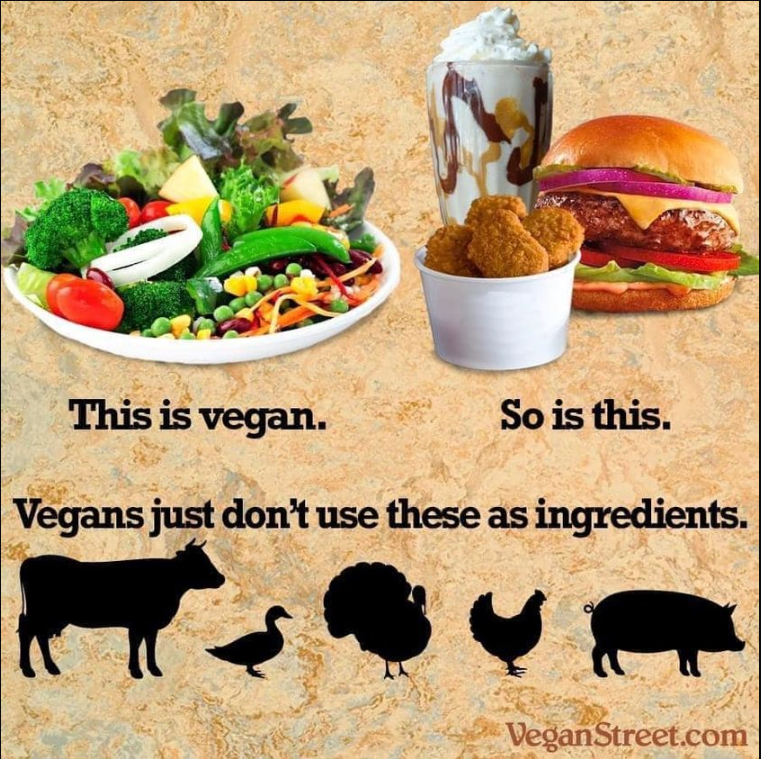Navigating the Science: Exploring the Health Benefits and Risks of a Vegan Diet
Cruelty Farm

In recent years, the vegan diet has gained significant popularity, with more people opting for plant-based lifestyles for various reasons, including ethical concerns, environmental sustainability, and purported health benefits. However, as with any dietary choice, there are both advantages and potential drawbacks associated with embracing a vegan lifestyle. In this article, we delve into the science behind the health benefits and risks of a vegan diet.
One of the primary health benefits of a vegan diet is its emphasis on whole, plant-based foods. Fruits, vegetables, legumes, nuts, and seeds are rich in essential vitamins, minerals, antioxidants, and fiber, which can contribute to overall health and well-being. Additionally, research suggests that plant-based diets may lower the risk of chronic diseases such as heart disease, type 2 diabetes, and certain types of cancer.
Furthermore, a vegan diet is typically lower in saturated fat and cholesterol compared to diets that include animal products, which may help reduce the risk of cardiovascular disease. By avoiding animal-derived foods, vegans also tend to have lower blood pressure and cholesterol levels, leading to improved heart health.
Moreover, adopting a vegan diet can promote weight loss and weight management due to its focus on nutrient-dense, low-calorie foods. Many plant-based foods are naturally low in fat and calories while being high in fiber, which can increase feelings of fullness and reduce overall calorie intake.
However, despite its potential health benefits, there are also risks associated with a vegan diet that must be considered. One of the primary concerns is the risk of nutrient deficiencies, particularly vitamin B12, iron, calcium, omega-3 fatty acids, and vitamin D. Since these nutrients are predominantly found in animal-derived foods, vegans need to ensure they obtain an adequate intake through fortified foods or supplements.
Additionally, some research suggests that vegan diets may be associated with a higher risk of certain nutrient deficiencies compared to omnivorous diets. For example, plant-based sources of iron (non-heme iron) are not as easily absorbed by the body as animal-based sources (heme iron), which could increase the risk of iron deficiency anemia in vegans, especially if dietary intake is insufficient.
Furthermore, while a vegan diet can be healthy when well-planned, it is essential to avoid relying heavily on processed vegan foods, which may be high in sugar, salt, and unhealthy fats. Instead, focus on whole, nutrient-rich plant foods to maximize the health benefits of a vegan diet.
In conclusion, the health benefits and risks of a vegan diet are multifaceted and require careful consideration. While plant-based diets offer numerous advantages, including lower risks of chronic diseases and weight management, they also pose challenges related to nutrient deficiencies if not properly planned. By navigating the science behind vegan nutrition and making informed dietary choices, individuals can reap the benefits of a vegan lifestyle while minimizing potential risks to their health.
https://go02100.mn.co/posts/54176485
https://farmcruelty.blogspot.com/2024/04/veganism-and-animal-cruelty-unraveling.html
https://farmcruelty.mystrikingly.com
https://www.edensdirectory.com/gutkowskihaven/top-level-category/cruelty-farm
https://cruelty-farm.jimdosite.com